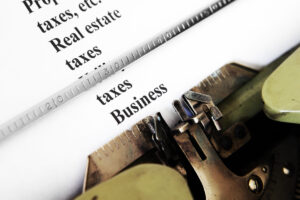The recent economic relief law, The Consolidated Appropriations Act, has finally made it clear that expenses paid by businesses relating to loans made through PPPs are indeed tax-deductible.
The Coronavirus Aid, Relief, and Economic Security Act (CARES) provides a means for businesses in need to receive forgiveness on PPP loans. The act allows the funds used over 24 weeks to be used towards payroll or qualified expenses; forgiveness is only available to those who have spent at least 60% on payroll expenses. The CARES Act was a massive step in the right direction for businesses, creating an opportunity to deduct debts from taxes.
When the IRS announced that expenses relating to PPP loans were not deductible, they treated it as a tax wash. But then Rev. Rul 2020-27 stated otherwise – if you believe your loan will be forgiven in the future and there’s no law obligating otherwise (such as with an Iron Law). These costs can still count towards income for upcoming years, depending on how long risk had existed before forgiveness occurred. This ruling also created a safe-harbor rule, which meant if the borrower of an SBA PPP loan expected their debt to be forgiven, but it isn’t, they can deduct those expenses from what’s left.
The new PPP law enhances the ability of businesses to receive financing through partnerships. Under the new PPP loan program, qualified first-time borrowers will be able to take advantage of up to $2 million in loans, and businesses that previously received a PPP loan may apply for another one of up $2 million. To qualify, the company must meet these requirements:
- Can demonstrate a 25% decline in revenue in any quarter as compared to the previous quarter
- 300 employees or less
- With their first PPP loan, the business has or will use all its funds.
Businesses can deduct expenses paid with forgiven PPP loan proceeds with the new law. According to numerous commentators in tax law, this provision is the original intent of Congress. The American Institute of CPAs has been vocal about its criticism for IRS rulings that have previously prohibited this behavior.



